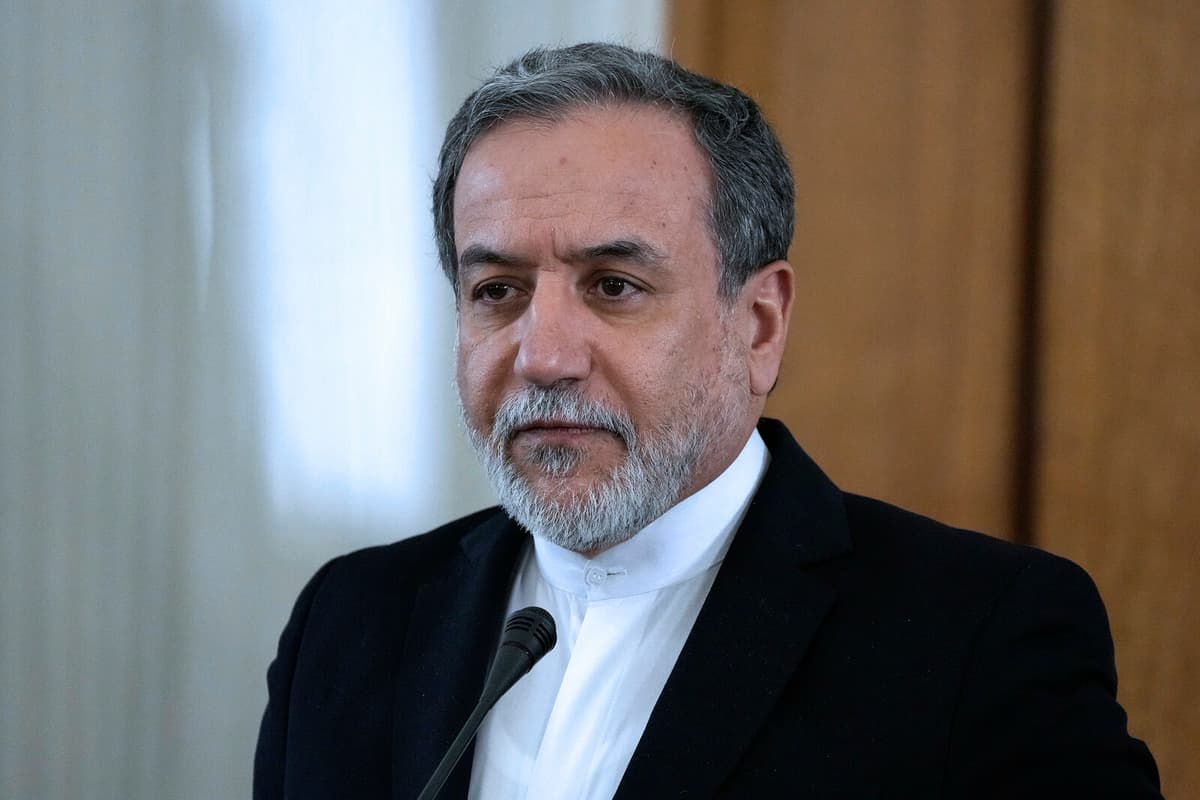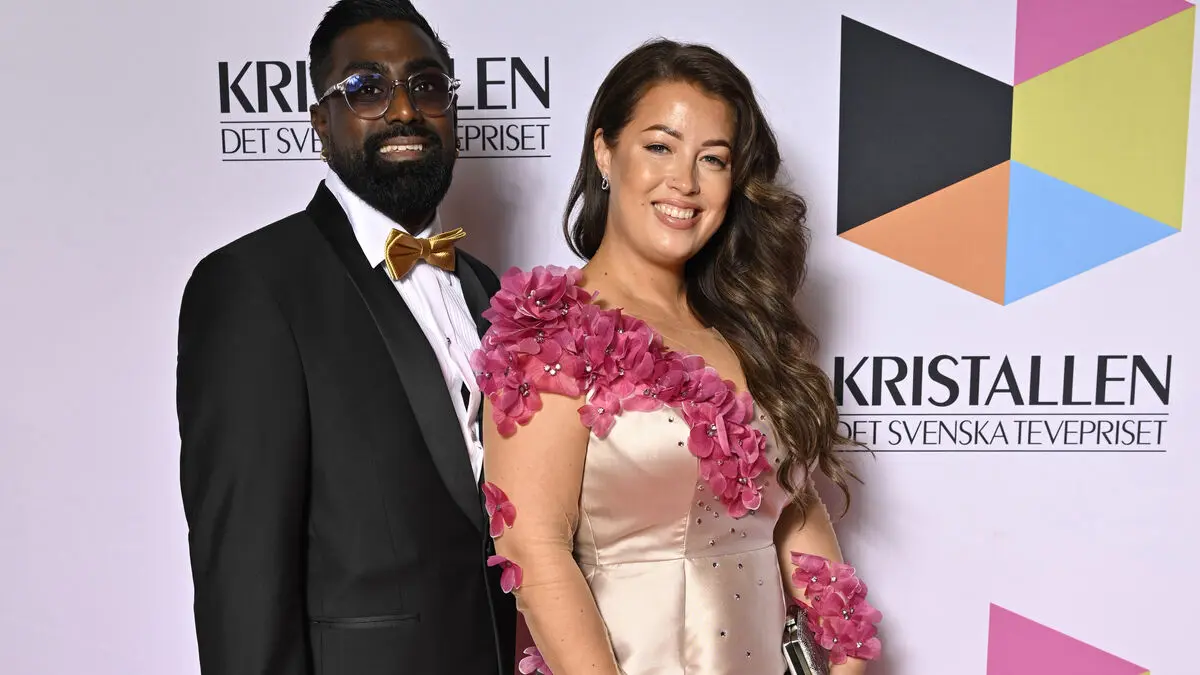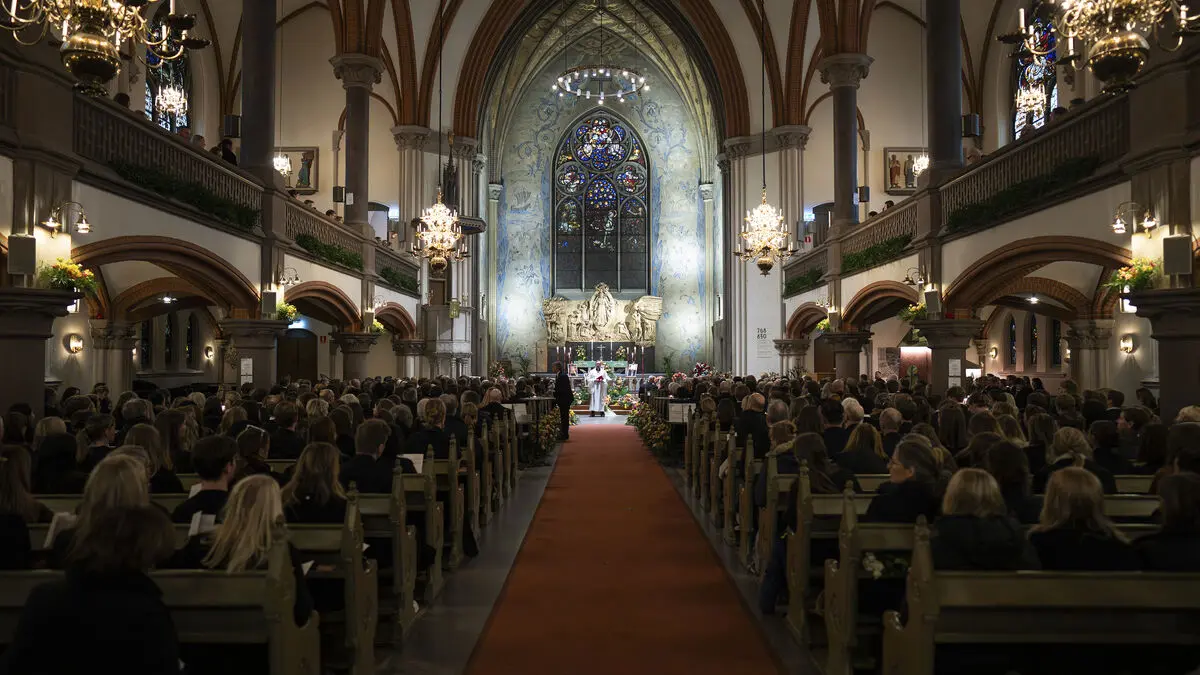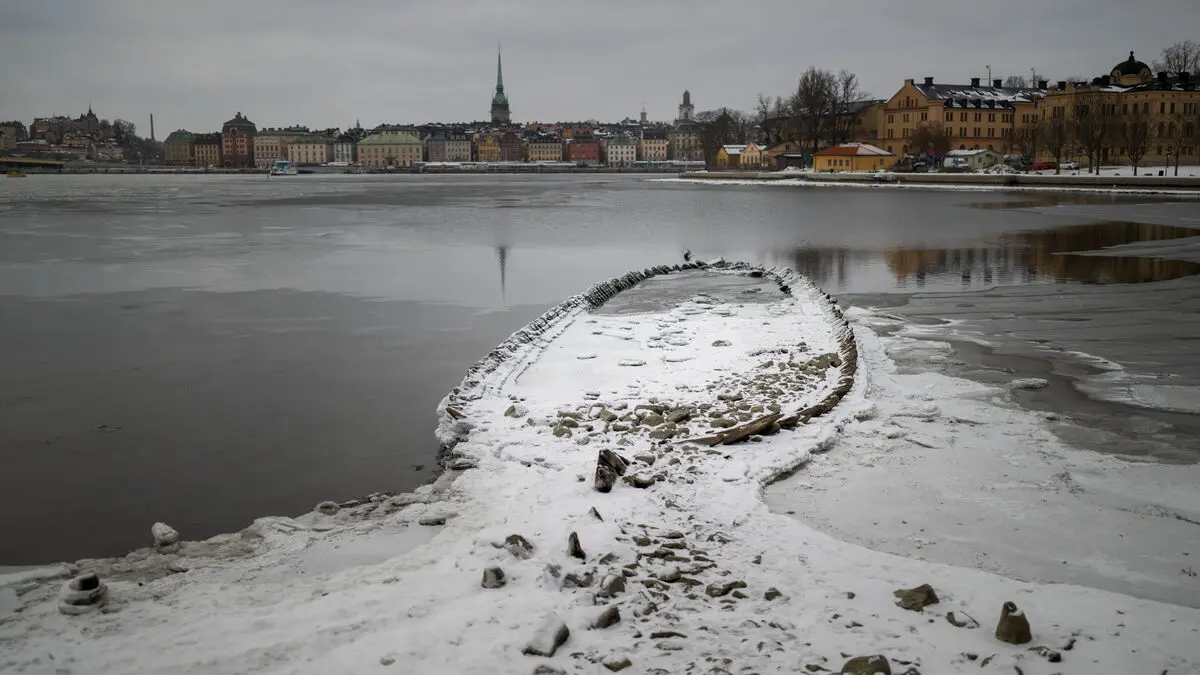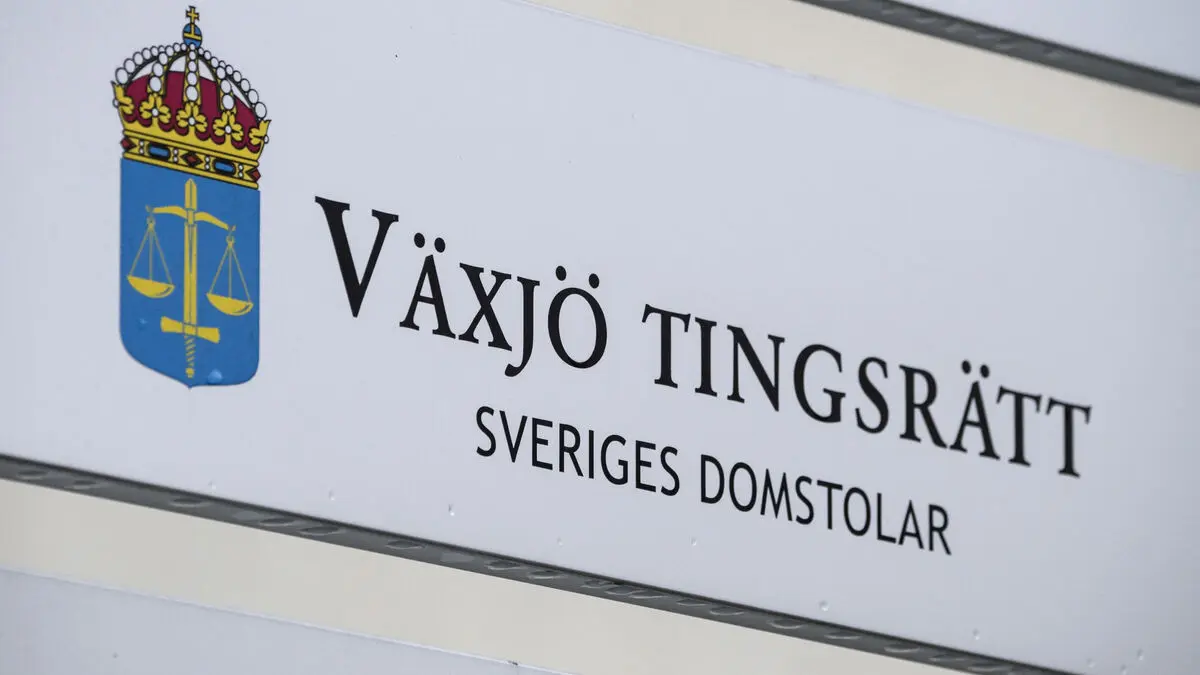Enrichment as such is not negotiable, says Argahchi to reporters in Tehran.
The comment was made in connection with Rafael Grossi, head of the UN's atomic energy agency IAEA, visiting Iran and days before the talks with the US continue.
In an interview with the French Le Monde, the IAEA chief warned that Iran would soon have access to a domestically produced nuclear weapon.
Even if Iran has enough material (to produce a nuclear weapon) it still does not have access to a nuclear weapon. But it's not far off, said Grossi in the interview.
Talks in Italy
Iran confirmed on Wednesday that the talks will not be held in Oman, where the parties met in the first round of talks. The talks will instead be held in the Italian capital Rome, but with Oman's Foreign Ministry as host.
The first round of talks between Araghchi and US Middle East envoy Steve Witkoff was held on Saturday via Omani mediation in Muscat. It was the highest level of negotiations between the US and Iran since a previous agreement between Iran and the Western world from 2015 collapsed in 2018. The deal aimed to prevent Iran from developing nuclear weapons after decades of global fear of this. It would mainly be achieved through insight into and limitation of the country's atomic energy program in exchange for lifted sanctions.
Unclear Negotiation Goals
It is unclear exactly what agreement the US is after. Some statements made by Witkoff have been interpreted as Iran not having to stop low-enriched uranium, which can be used for energy production but not bombs.
This will largely be about verifying the enrichment program, said Witkoff on Monday.
They don't need to enrich more than 3.67 percent.
In parallel, Iran's president has approved the resignation of one of his vice presidents, Mohammad Javad Zarif. Zarif was the chief negotiator in the talks that led to the 2015 agreement.

